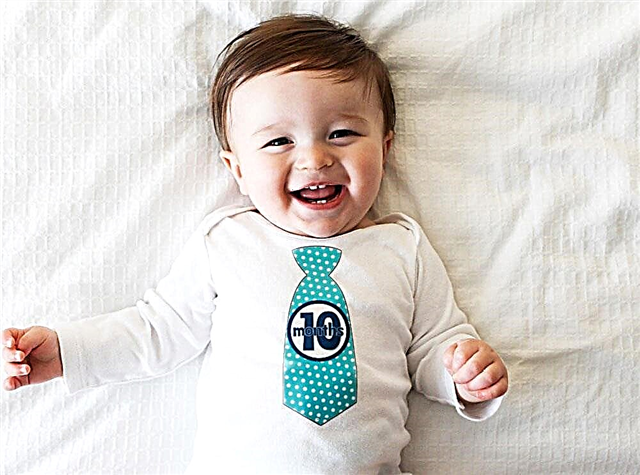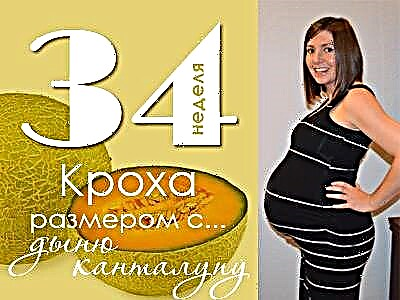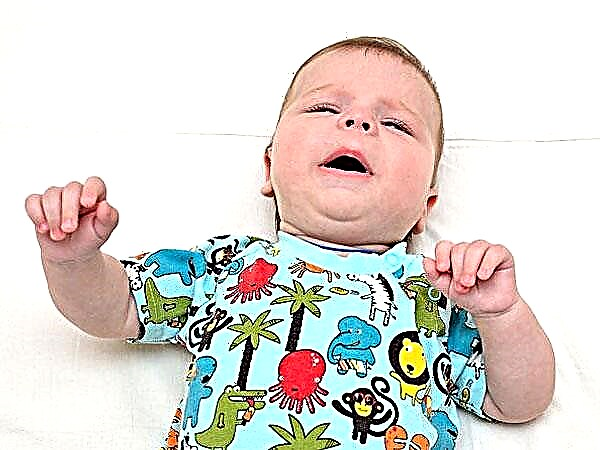Many young mothers, and their close relatives, think that if a nursing woman is sick, the baby should be immediately weaned and taught to mix. It is believed that the child will catch a cold next, and the milk will "burn out" - frankly go bad. This opinion was refuted by pediatricians.

When the mother gets sick, antibodies are produced that fight the virus. With the mother's milk, fragments of the neutralized virus and antibodies are transmitted to the child - this helps to strengthen his immunity: the baby's body begins to develop its own protective reaction against viral diseases. If you transfer the baby to a mixture for a while, then he can really get infected from his mother, and his body will have to fight the virus on its own, without the support of antibodies.
Nothing will happen to milk even at the highest temperature in the mother. It will not deteriorate, will not "sour", will not become harmful to the baby. But expressing milk and boiling is useless, in this case nothing useful will be passed on to the child. Mothers got sick at all times - nothing happened to humanity for millennia because of spoiled breast milk. Weaning a child is required only in rare cases, which do not include viral diseases.
Treating the common cold while breastfeeding
A young mother makes sure that nothing harmful gets to her baby with milk. When treating colds while breastfeeding, only gentle measures are required. It is not recommended to use strong antibiotics or medicines, which have a whole list of contraindications. Moreover, you can not use those medicines on which it is written in plain text that you cannot drink them while breastfeeding.
In treatment, non-drug means can help - a cold is not as bad as it might seem while you are sick. You can apply:
- aromatherapy and foot baths;
- herbal teas and decoctions;
- onion nasal drops;
- inhalation;
- breathe over potatoes the old fashioned way.
Personal prophylaxis will be required: it is recommended that when feeding and interacting with the baby, wear a gauze bandage, wash your hands more often and ventilate the room. For a child, the likelihood of contracting airborne droplets is much higher than when breastfeeding.
Self-medication cannot be used. All medications must be agreed with your doctor. If a mother needs complex treatment, then the doctor himself will recommend switching to artificial feeding and will also tell you when to return the baby after the bottle to the breast. In most cases, this is not required: the less often the mother uses artificial feeding, the stronger the health of her child becomes.
Can I take paracetamol while breastfeeding? - https://razvitie-krohi.ru/kormlenie-grudyu/mozhno-li-paratsetamol-vo-vremya-kormleniya-grudyu.html
Mukaltin tablets and breastfeeding: what should nursing mothers know? -https://razvitie-krohi.ru/kormlenie-grudyu/tabletki-mukaltin-i-grudnoe-vskarmlivanie-chto-sleduet-znat-kormyashhim-mamam.html
How to restore lactation - 10 main recommendations - https://razvitie-krohi.ru/kormlenie-grudyu/kak-vosstanovit-laktatsiyu-10-glavnyih-rekomendatsiy.html
Fundamental Breastfeeding Tips for Nursing Mothers - https://razvitie-krohi.ru/kormlenie-grudyu/grudnoe-vskarmlivanie.html



